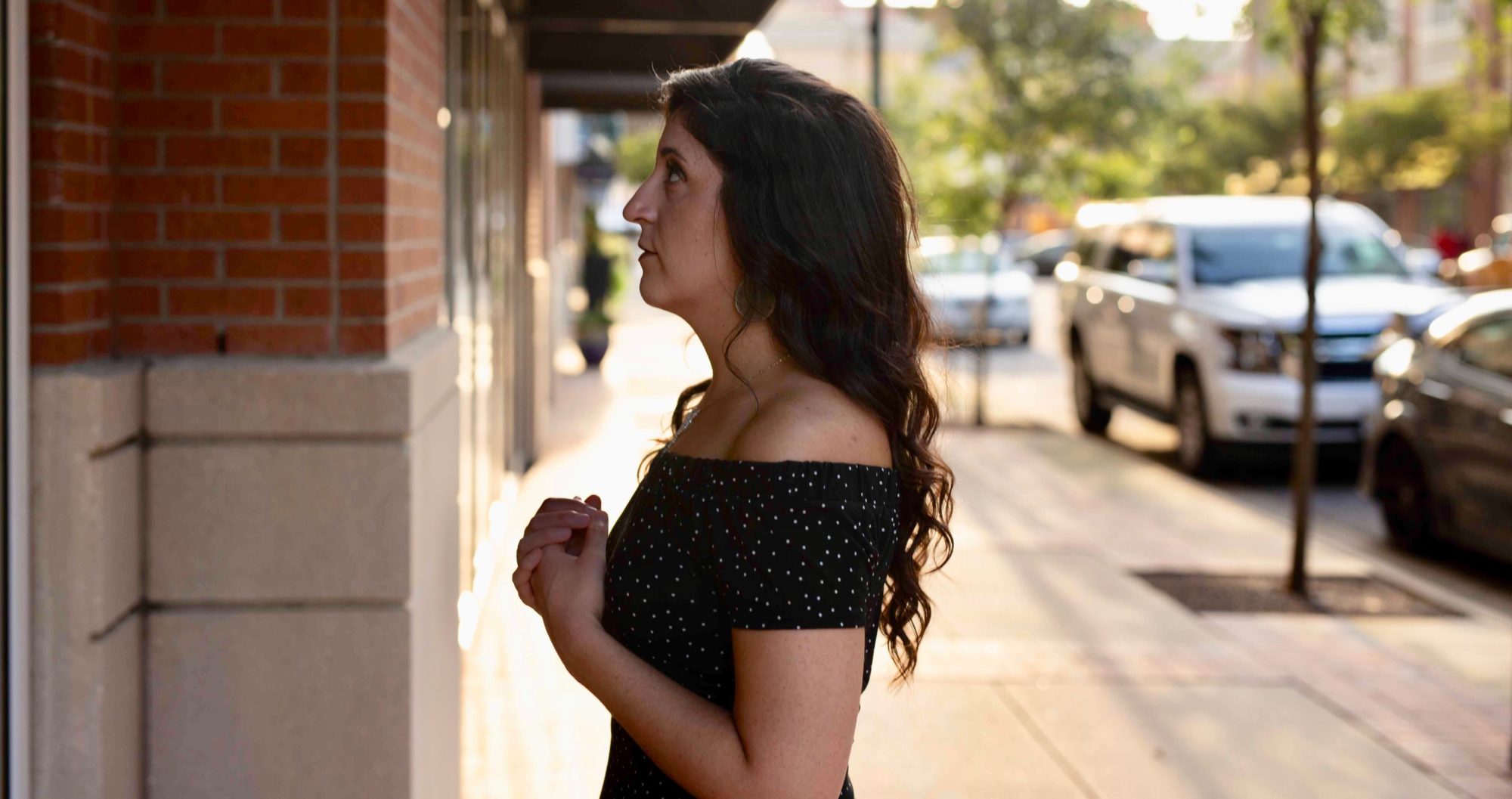 A couple summers ago, I yelled “gonads!” across a classroom of laughing grad students. We wiped tears and covered red faces while during the first session of our human sexuality class, we shouted all the sex words we knew. Our professor – sex therapist Dae Sheridan – made a list of them on the board.
A couple summers ago, I yelled “gonads!” across a classroom of laughing grad students. We wiped tears and covered red faces while during the first session of our human sexuality class, we shouted all the sex words we knew. Our professor – sex therapist Dae Sheridan – made a list of them on the board.
If we can get used to the words a person might associate with sex, she said, we can become counselors who can keep straight faces while the clients across from us use them.
The class, as it turned out, is among the best I ever took. Dr. Dae – who is brilliant and one of my mentors – agreed to talk with me about saving sex for marriage. Grateful!
AS: Rumor has it “nobody saves sex for marriage.” Is that true?
Dr. Dae: I absolutely don’t think that no one does! There might not be as high of a percentage of people who are waiting until marriage, (but) I do see an increase in people who are waiting to be in loving, committed relationships. Sex is everywhere, to sell everything, so its perceived that everybody’s doing it, but not really everybody is doing it.
AS: Are there advantages to saving sex for marriage? (If so, what are they?)
Dr. Dae: Having that trust in each other, that commitment, is huge. It creates that sense of being on the same page, being this person’s partner and teammate. If you’re talking about (saving sex until marriage), you’re obviously talking about it. You (potentially) have a working, healthy vocabulary about sexual matters. So many people are doing “it” but not talking about it. In our culture, we have a stigma still associated with talking openly about sexual matters. People don’t have really solid sexuality education, they don’t feel at ease discussing sexuality or sexual matters but they’re engaging in sexual activity. It’s crucial to be able to talk about your needs, concerns, and desires with your partner in order to have a happy, healthy, exciting, fun, mutually agreeable sex life.
AS: Have you had clients who’ve saved sex for marriage (and generally speaking, what’s the most common reason a couple that saved sex might make an appointment with a sex therapist)?
Dr. Dae: Absolutely. That’s quite common in my office. The (first of the) top two reasons is the mechanics of sex. They feel like they’re just not getting it right. How your bodies may work sexually (is) newfound knowledge. It’s about practicing new skills. The second thing is messages you may have about sex. For so long, this is a thing you were not going to do. For many there is a negative connotation, that sex is bad, sex is dirty. All of a sudden, you’re supposed to do this with the love of your life, it’s supposed to be the most wonderful thing. A lot of my clients struggle with the letting go. People who save sex are more likely to talk about it, but some of them leave it at “we’re not going to do this.” The ones who don’t talk about it because they’re embarrassed or feel guilty or there’s shame involved have a much harder time learning about their bodies, sharing with their partner.
Working with those couples (is) one of the most fun cases because they are so open to it, they’re ready to learn, they are committed to it, and they’re finally giving themselves that permission. (It’s) teaching them the ropes, giving them resources and ways they can look at this in a different way and have some fun with it and feel good about themselves and their choice. I reiterate what a great choice (it was) and how wonderful (waiting) was for them. Now it’s about working with the couple to find out what they want their sexual relationship to look like. My job, too, is talking to them about finding ways to enjoy it now that they’re doing it.
AS: What would you say to somebody who waited and is concerned that what happened on the wedding night didn’t look or feel like the media says it should?
Dr. Dae: I educate my clients (about) what real sex looks like. It’s different for everybody, and every body. It almost never looks like it does in the movies. This is a fantasy you have been sold. All of that is a less safe way to have sex. Whether it is TV, movies, or pornography, real sex doesn’t look like that all the time, especially not the first time, ever.
AS: What should everybody who waits know before the wedding night?
Dr. Dae: Of course it’s something to look forward to and be excited about, but so many people don’t express that they’re nervous. It’s like, “I can’t wait!” but they’re really shaking in their boots. Meanwhile, the other person is thinking the same exact thing. How can you not be nervous about that? People do have nerves and worries about “Will it really be OK? Will I be able to give of myself in this way openly, and how’s it going to go physically? Will they like the way I look?” It’s really important to communicate honestly about your hopes, your expectations, and your fears. Talk to each other, lower your expectations for the first time, and if you are struggling with it, be open to talking to someone, whether it’s (about) mechanics or logistics or anatomy or pleasure. Like any skill, we have to practice to obtain mastery of this skill. There’s going to be that awkward time, and it’s not going to be choreographed. Just have fun knowing your bodies are going to make all sorts of noises. You may or may not get it right.
In church, they talk about (wedding night sex) being amazing. (But) it won’t be this magical firework display that we’re told it will be. It wont be amazing the very first time just because it’s your very first time. It really is unbelievably rare for a first time to be like that. (What’s amazing is that) you took that much time caring for yourself, and not just going willy nilly because everybody’s doing it. That you’ve made a commitment to yourself, to God, and to your partner, that you’re going to follow the tenets that are put forth. It is difficult in this day and age, with the pressures and the feeling that everyone’s doing it. You are holding yourself to a higher standard and that is to be commended.
– – – –
Dr. Dae is a licensed psychotherapist, board certified clinical sexologist, and certified rehabilitation counselor. She has been a sex educator since 1996, a therapist for 16 years, and a sex therapist since 2002. She is an adjunct professor at the University of South Florida and an assistant clinical professor at the American Academy of Clinical Sexology. Visit her online at DrDae.com.



